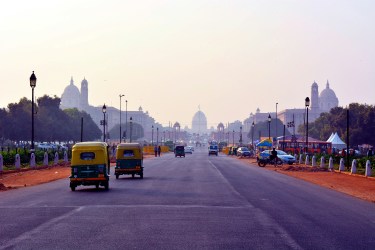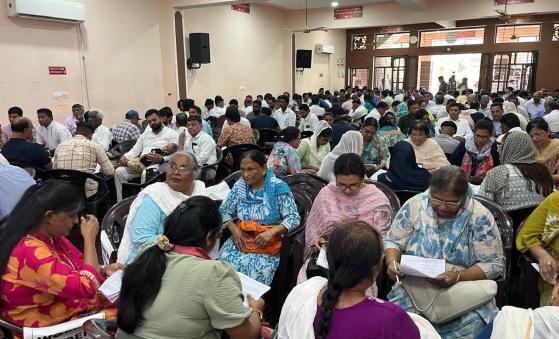
Church leaders and tribal activists in Goa have welcomed a new bill passed by India’s parliament that seeks to give four reserved seats to tribal communities in the state’s legislative assembly.
The bill, officially called the Readjustment of Representation of Scheduled Tribes in Assembly Constituencies of the State of Goa Bill 2025, was passed by the Lok Sabha, India’s lower house of parliament, on 5 August. It still needs approval from the upper house (Rajya Sabha) and the president before it becomes law.
Once in effect, the move is expected to benefit around 149,000 tribal people in Goa, many of whom are Christians.
“This will empower our tribal people of all faiths to elect leaders from their own community,” said Father Maverick Fernandes, director of Caritas Goa and a priest of the Archdiocese of Goa and Daman. “They will finally have a voice in the state assembly to raise their concerns.”
Tribal groups in Goa have been demanding better representation for decades. Prakash Velip, former state minister and president of the United Tribals Association Alliance, called it “a historic day” for the state. “We have been fighting for this for 22 years,” he said.
Goa currently has 40 seats in its legislative assembly. The new bill is expected to increase that number to 44, making room for the reserved tribal seats. The change is likely to come into effect before the next state elections in February 2027.
According to India’s 2011 census, Goa has about 149,000 tribal people, officially recognised in the Constitution as Scheduled Tribes (STs). Another marginalised group, the Scheduled Castes (SCs), includes about 25,500 people in Goa. The SC community already has one reserved assembly seat, despite being a smaller group than the STs.
Some have raised questions about the timing of the move. Elvis Gomes, a former bureaucrat in Goa, called it “a welcome decision,” but suggested it could be politically motivated. He noted that the Bharatiya Janata Party (BJP), which leads both the central and state governments, has seen a drop in electoral support. He also criticised the party for not doing enough to protect tribal land rights or provide fair access to jobs and benefits.
Others see the bill as an opportunity for long-term change. Father Victor Ferrao, a philosophy professor at Rachol Seminary, said the law would “bring new political dynamics” and allow more tribal leaders to participate meaningfully in politics.
Viriato Fernandes, a member of the Congress Party from South Goa, said his party had promised to support tribal reservations in its election manifesto. “Goa’s tribal communities are now hopeful,” he said, “as they will finally have four seats in the assembly to fight for justice.”
Adapted from UCA News.




